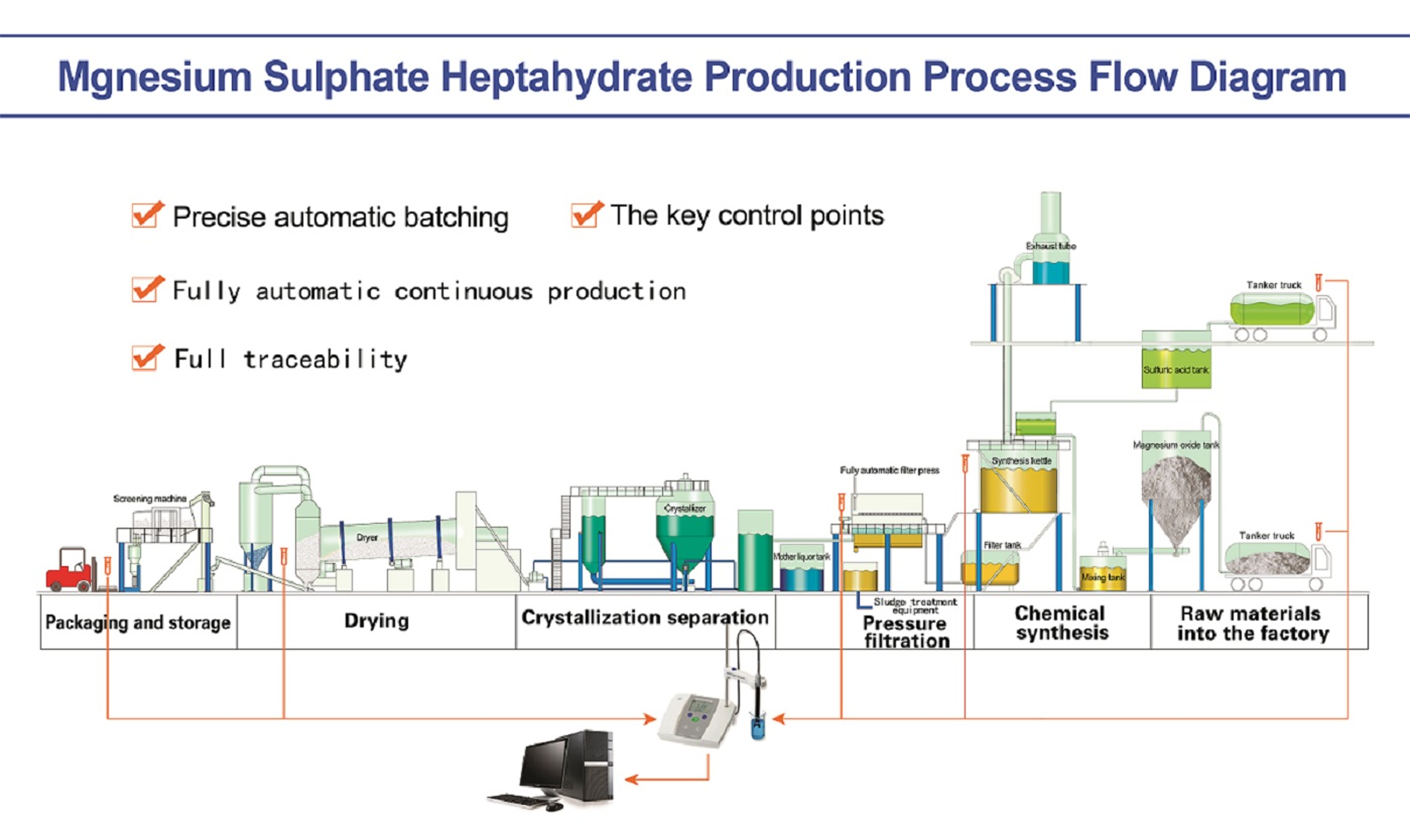L-Lysine HCl, a hydrochloride form of the essential amino acid lysine, has multiple applications across different industries due to its nutritional and functional properties. Here are its primary uses:
### 1. **Animal Feed Supplement**
- **Primary use:** As a feed additive for livestock (poultry, swine, cattle, and aquaculture).
- **Purpose:** To enhance protein synthesis and improve growth rates, particularly in animals on a corn-based diet, which tends to be low in lysine.
- **Benefit:** Promotes muscle development, increases feed efficiency, and enhances overall growth performance.
### 2. **Human Nutrition**
- **Dietary supplements:** L-Lysine HCl is used in human dietary supplements to support general health, especially for those with low lysine intake.
- **Health benefits:**
- Aids in calcium absorption, improving bone health.
- Supports collagen production for skin, bone, and tissue repair.
- Boosts immune function and helps in preventing outbreaks of cold sores (herpes simplex virus).
### 3. **Pharmaceutical Industry**
- **Medical treatments:** L-Lysine HCl is used in pharmaceuticals to treat conditions like herpes simplex by inhibiting the replication of the virus.
- **Drug formulation:** It may also be included in some medications to enhance the bioavailability of active ingredients.
### 4. **Food Industry**
- **Fortification:** L-Lysine HCl is used to fortify food products like cereals, bread, and dairy products to increase their protein content, particularly in plant-based or low-protein diets.
- **Preservation:** Helps to preserve the quality of certain food products by preventing oxidative damage to fats and oils.
### 5. **Cosmetics**
- **Skin care products:** Due to its role in collagen production, L-Lysine HCl is sometimes added to anti-aging products or treatments aimed at improving skin elasticity and repair.
Its versatility across industries stems from its critical role in protein synthesis and metabolic functions, making it an essential component in both animal and human nutrition.




 Guarantee safe
Guarantee safe 






